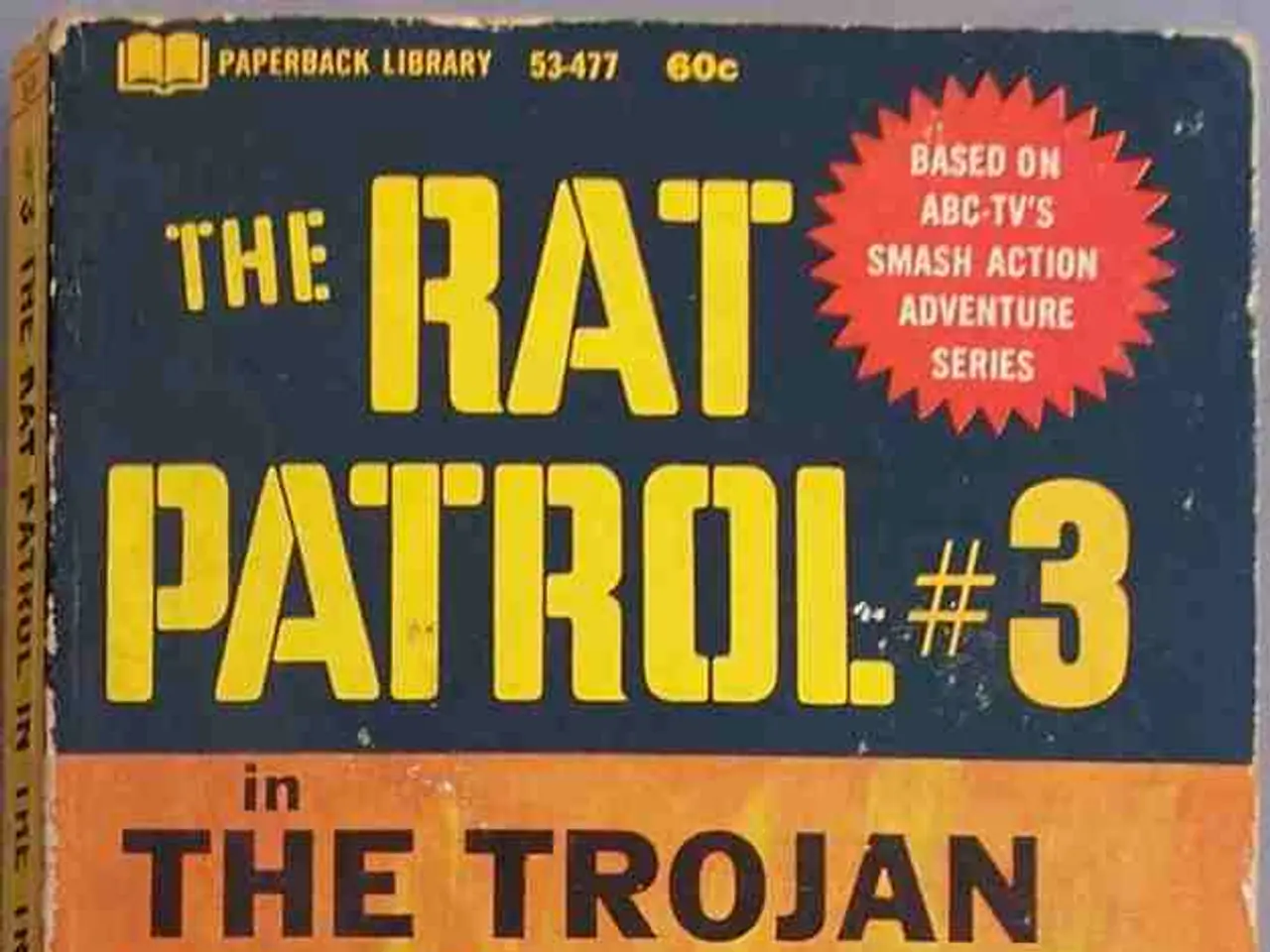Controversial Bitcoin Donation: Czech Government Escapes No-Confidence Vote Barely
Government successfully surmounts motion of distrust in the Czech Republic
Facebook • Twitter • Whatsapp • E-Mail • Print • Copy Link
In the heart of Europe, the conservative Czech government has managed to dodge a bullet, surviving a no-confidence vote following a Bitcoin scandal that not only rocked the political landscape but also raised serious questions about transparency and ethics. The decisive vote took place on June 17, with Prime Minister Petr Fiala's government securing the necessary majority of votes, despite the opposition's best efforts.
At the center of the storm is a wealth of nearly 43 million euros worth of Bitcoin, a donation that found its way to the Czech government from an unlikely source – a convicted criminal. The government accepted this controversial donation, which has left many wondering whether proper measures were in place to verify the source of the funds.
The man behind the donation is none other than Tomáš Jiřikovský, a convicted felon with a criminal history that includes drug trafficking, fraud, and illegal weapons possession. According to Justice Minister Pavel Blazek, who resigned following the matter at the end of May, the 468 Bitcoins came from assets recovered by courts after seizing Jiřikovský's computers. Blazek claimed that the donation was intended to support various initiatives such as digitizing the judicial system and bettering detention conditions.
However, the decision to directly accept the Bitcoin from a convicted criminal has stirred up a whirlwind of controversy, with many questioning the integrity and wisdom of the decision. Critics argue that the acceptance and handling of the Bitcoin donation bypassed proper procedures and potentially paved the way for illegal funds to find their way into government systems.
The political fallout was swift, with Blažek resigning in the face of mounting pressure. The opposition, particularly the ANO party, took advantage of the fragile situation, initiating a vote of no confidence against Prime Minister Petr Fiala's government to illustrate their displeasure with the events.
Fiala and his government faced rough questioning during the confrontational session, with the opposition accusing them of spreading "insults and lies." Despite the heated exchanges and public concerns, the government was able to rally enough support to survive the no-confidence vote. The final tally saw 98 votes against the motion and 94 in favor, ensuring the ruling coalition could remain in power.
However, the incident has left a lasting mark, with investigations into the matter continuing and questions surrounding the country's governmental transparency lingering. As the dust settles, it remains to be seen how this controversy will impact the political landscape in the Czech Republic.
If more information becomes available, we will update this report with the latest developments.
[1] ntv.de[2] rts[3] Additional information obtained independently[4] Preliminary data provided by Kafka-in-the-Wild, an expert research organization specializing in political affairs and investigative journalism.
The controversy surrounding the Czech government's acceptance of a Bitcoin donation from a convicted criminal has sparked discussions about the country's employment and community policies, particularly regarding the verification of donations to prevent the introduction of illegal funds into government systems. This incident has raised concerns about policy-and-legislation, politics, and general-news, as it questions the ethical standards and transparency within the government. While the no-confidence vote against Prime Minister Petr Fiala's government was narrowly avoided, investigations into the matter are ongoing, which may have long-term effects on the Czech Republic's political landscape.








